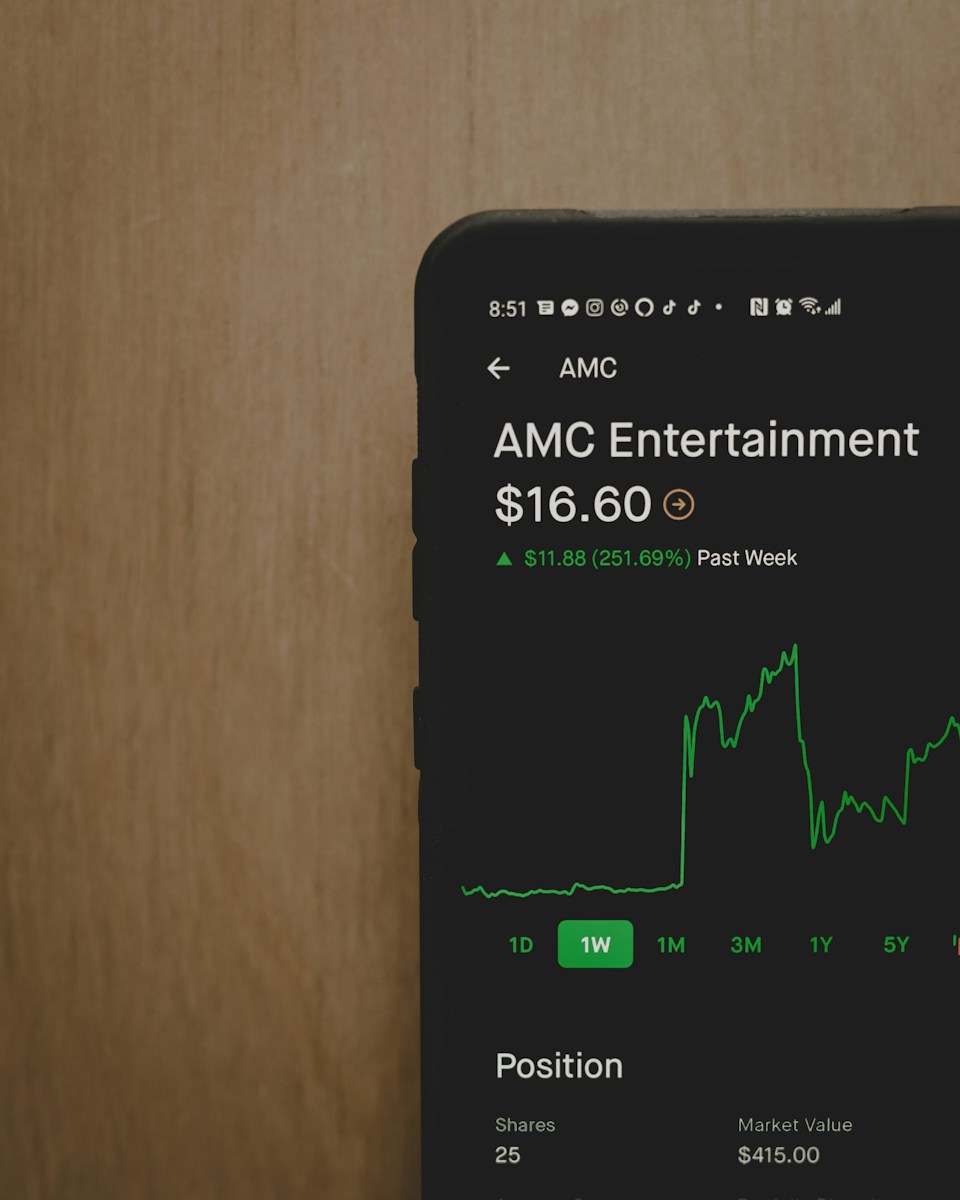
## Introduction
In the early days of the mobile phone industry, Europe was at the forefront, with iconic brands like Nokia, Sony Ericsson, and Siemens dominating the market. However, as smartphones evolved and touchscreen devices became the norm, Europe’s smartphone dominance faded away. Today, Apple and Samsung reign supreme in the European smartphone market, with Chinese brands like Xiaomi, Huawei, and Oppo also making their mark.
But is Europe’s absence from the top of the smartphone market a cause for concern? Could European brands like Fairphone and Nothing pave the way for a resurgence? In this article, we’ll explore the challenges European smartphone makers face, the unique approaches of Fairphone and Nothing, and the potential for Europe to regain dominance in the smartphone industry.
The Challenges Facing European Smartphone Makers
Jan Stryjak, an Associate Director at Counterpoint Research, believes that it would be extremely difficult for a European smartphone to become a world leader again. He points out that European brands have slipped too far behind, with Apple and Samsung firmly entrenched at the top. Chinese brands have also been unable to overthrow the dominance of these two giants.
While European brands like Fairphone and Nothing have made waves in the smartphone market, they remain niche players. Fairphone, for example, focuses on sustainability and creating a repairable and upgradeable device. Wayne Huang, the VP of Product Operations at Fairphone, believes that success lies in having a clear vision and being laser-focused on solving specific problems for a particular customer base. However, Fairphone’s sales numbers pale in comparison to Apple’s.
The value-consciousness of consumers also plays a role in hindering European smartphone makers. People are often driven by the desire to get the best specs and the best-looking device at a competitive price. Chinese companies, with their access to low-cost manufacturing, can offer more bang for the buck, putting European businesses at a disadvantage. Apple, with its unique business model, marketing strategies, and control over its supply chain, stands as an exception to this trend.
Fairphone: Pioneering Sustainability and Niche Appeal
Fairphone, a Dutch company, has made a name for itself by prioritizing sustainability and creating devices that are as climate-neutral and fair as possible. Their latest offering, the Fairphone 4, is made from recycled and ethically sourced materials and comes with a 5-year warranty. While Fairphone has a dedicated user base, it remains a small player in the global smartphone market.
The company’s focus on challenging the industry and catering to consumers who care about right-to-repair-compliant devices and the environment has paid off. Fairphone has managed to carve out a niche for itself in the sustainable and eco-friendly market segment. However, its success is limited to this specific market, and it is unlikely to challenge giants like Apple and Samsung in terms of market dominance.
Nothing: A Tech-Savvy Competitor with Potential
Nothing, a London-based company founded by Carl Pei of OnePlus fame, has garnered significant attention in the smartphone space. Their Ear (1) buds and Phone (1) have generated hype, positioning them as a competitor to Apple, particularly among tech-savvy consumers. However, Jan Stryjak expresses skepticism about Nothing’s long-term potential.
While OnePlus managed to capture about 4% market share in Europe at its peak, it took them multiple iterations to achieve this level of success. Similarly, Nothing’s success is expected to be a slow burn, and they will need a longer track record of delivering successful devices to attract a larger customer base. At present, Nothing remains a niche player in the smartphone market, appealing mainly to a specific audience.
The Unlikelihood of Europe Regaining Dominance
According to Jan Stryjak, the likelihood of Europe reclaiming dominance in the smartphone market is slim. The advantages enjoyed by large players and Chinese companies are unlikely to diminish, and catching up with years of development would require significant investment. Moreover, European smartphone makers are better off finding a niche and serving it, rather than engaging in a losing battle against competitors with superior specs and lower prices.
While not having a dominant smartphone brand may not be a problem for Europe from a brand perspective, it does highlight the continent’s lack of control over the smartphone supply chain. The majority of components are manufactured in China, and Europe’s heavy reliance on Asian manufacturers for chipsets became evident during the COVID-driven chip shortages. To address this issue, the EU has taken steps to boost its domestic manufacturing capacity for chips and attract major players to set up factories on the continent.
The Global Nature of the Smartphone Industry
Although Europe may never produce a smartphone that dominates global sales again, it remains an integral part of the global technological ecosystem. Smartphones are no longer limited to a single country; they are designed by individuals from various locations and assembled using components sourced from around the world. European manufacturers are likely to find success by delivering niche products to specific customer bases, rather than attempting to replicate the universal appeal of Apple’s devices.
